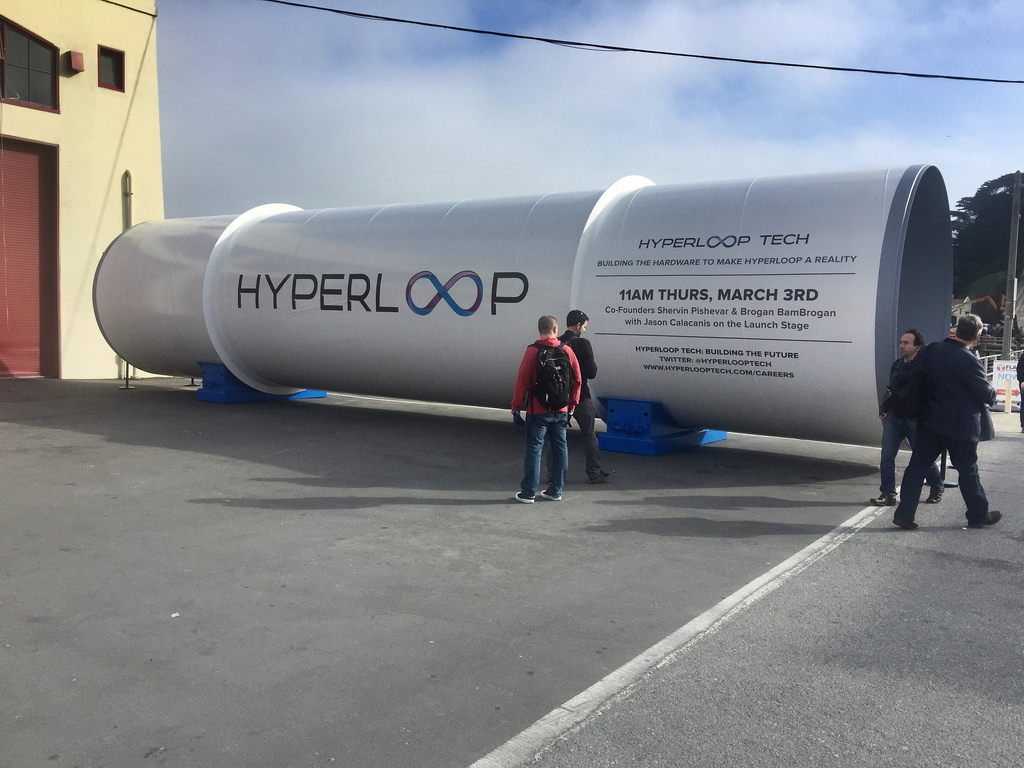When mere mortals build major infrastructure projects, it takes years of planning, consensus building, and compliance with all kinds of safety and environmental protections. Building something that crosses state lines? The politics are fraught, to say the least.
You may wish this process moved faster, or, if you're Elon Musk, you can just pretend it doesn't exist. Musk tweeted yesterday that he had received "verbal govt approval" to build an underground tunnel between New York City and Washington for his Hyperloop vacuum tube propulsion system.
Just received verbal govt approval for The Boring Company to build an underground NY-Phil-Balt-DC Hyperloop. NY-DC in 29 mins.
— Elon Musk (@elonmusk) July 20, 2017
Even if Musk's company had a proven technology on its hands (it doesn't), there is only one response to this: LOL.
Bloomberg reports that the Trump White House has had "promising conversations" with Musk, and the tweet seems to be a bid to convert that into outside investment for the Hyperloop project.
But for anyone who knows what goes into infrastructure projects, Musk is just making it harder to take him seriously. Jonathan Neely at Greater Greater Washington writes:
What sticks out about Musk's tweet is the clear ignorance of what actually goes into building infrastructure. Getting "verbal approval" is not an actual step in the planning or construction process. Just ask anyone following the Purple Line saga: you have to do all kinds of studies and analyses, getting sign off all along the way, to ever get anywhere near putting shovels in the ground.
The implication in Musk's tweet is that he got this approval from someone in the Trump administration. On that front, one of the contributors on GGWash's listserv said it best: "So ... someone who clearly understands nothing about government processes or ROW acquisition gave another person who clearly understands nothing about government processes or ROW acquisition 'verbal approval.' So exciting."
More recommended reading today: Systemic Failure reports anti-development NIMBYs have succeeded in keeping a portion of land by a light rail station in booming San Jose zoned for agriculture. And Tim Kovach considers how bike-share and car-share can help address Cleveland's job access challenges.






